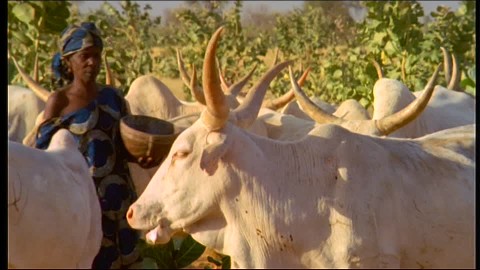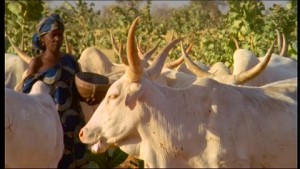
 The livestock sector is of paramount importance in agricultural economies of West Africa, including Senegal, where it contributes 7% to the gross domestic product (GDP), said Monday in Dakar, by Dr. Massata Niang, technical advisor of the Minister of Agriculture and Rural Equipment.
The livestock sector is of paramount importance in agricultural economies of West Africa, including Senegal, where it contributes 7% to the gross domestic product (GDP), said Monday in Dakar, by Dr. Massata Niang, technical advisor of the Minister of Agriculture and Rural Equipment.
” 3, 5 million people, mostly from the most vulnerable rural livelihoods depend directly on farming, which plays an important role in the household food security and is a savings for many farmers” said Niang.
He was speaking at the opening ceremony at the Senegalese Institute of Agricultural Research (ISRA) in Dakar, of an international three-day workshop on the issue of farming and climate change.
” The government of Senegal, which early has understood the critical role that farming can play in the food security of the population and the fight against poverty, has undertook several decades ago, measures for the modernization of this sector for greater productivity, ” said Dr. Niang.
” However, he continued, the results have not yet meet the expectations because of multiple constrains including climate change, mainly related to the emission of greenhouse gases (GHGs) from human and animal activities ”.
The representatives of national and international organizations, researchers and members of research teams that participate in this international workshop, will consult on the question ” How to adapt farming systems to climate change? ‘.
Dr. Niang Massata meant to participants’ particular interest of the Senegalese government for this works, whose application could have a significant impact on the implementation of the Emerging Senegalese Plan (PSE). ”
” We cannot advocate for the moment for any solution, we put ourselves entirely to the wisdom and insight of experts on the subject that you are, ” said Mr. Niang.
